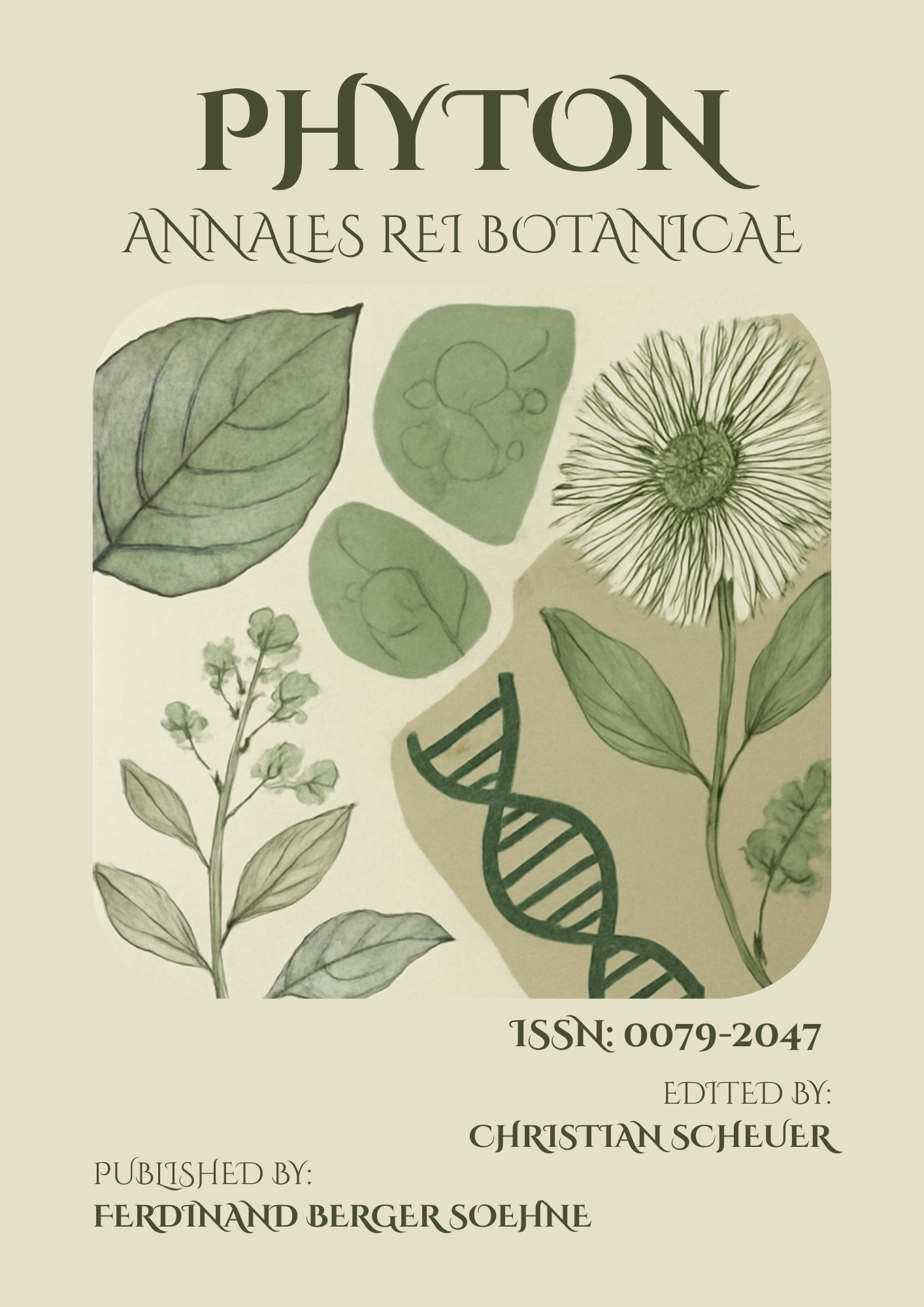The Role of CRISPR-Cas9 in Modern Genomic Medicine: Applications and Ethical Considerations
DOI:
https://doi.org/10.64526/phyton-annales.v65i1.103Keywords:
CRISPR-Cas9, gene editing, genomic medicine, gene therapy, genetic disorders, ethical considerationsAbstract
The introduction of the CRISPR-Cas9 technology has brought about a revolution in the field of genomic medicine by providing a level of accuracy in gene editing that has never been seen before. This potent instrument makes it possible to make specific adjustments to the sequence of DNA, which has the potential to treat a wide variety of genetic illnesses. Some examples of these disorders are sickle cell anaemia, cystic fibrosis, and muscular dystrophy. CRISPR-Cas9 has a wide range of uses in contemporary medicine, with a particular emphasis on its utilisation in gene therapy, disease modelling, and the development of therapeutic treatments for hereditary disorders that were previously irreversible. Nevertheless, in addition to its enormous potential, CRISPR-Cas9 raises substantial ethical and social problems. These concerns include difficulties pertaining to genetic modification, consequences that are not intended to be produced, and the possibility of producing designer offspring. the current state of affairs with the applications of CRISPR-Cas9 in the medical field, including both the revolutionary potential of the technology and the ethical concerns that include its utilisation. calling for a balanced approach to regulation and the significance of continuous ethical discourse as the technology evolves.
Downloads
Published
How to Cite
Issue
Section
License
Copyright (c) 2025 PHYTON-ANNALES REI BOTANICAE

This work is licensed under a Creative Commons Attribution-NonCommercial-ShareAlike 4.0 International License.
This article is published under the terms of the Creative Commons Attribution-NonCommercial-ShareAlike 4.0 International License (CC BY-NC-SA 4.0). Readers may share and adapt the material for non-commercial purposes, provided appropriate credit is given and adaptations are shared under the same license.



